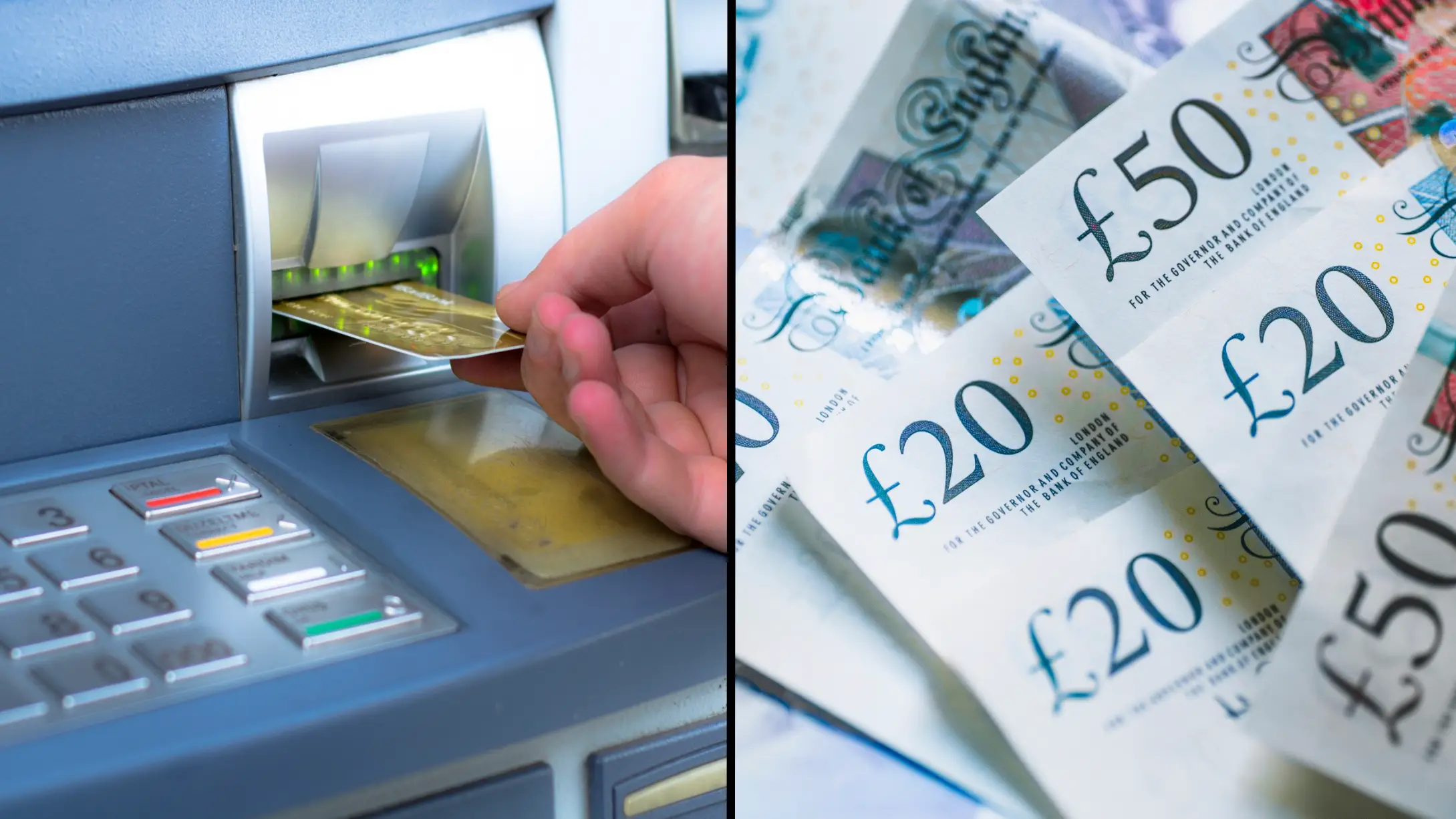
One of the first things the new government, if we can still call it new, did upon getting into office was ask the Low Pay Commission (LPC) to be more ambitious when working out how much the minimum wage should rise.
The LPC is an independent body which advises the government how much it should put up wages, so it doesn't get the final decision.
What is the government doing about the national minimum wage?
The new bunch in charge has said it wants to introduce a 'genuine' living wage and chancellor Rachel Reeves said that too many Brits were 'not earning enough'.
In a press release, Business and Trade Secretary Jonathan Reynolds said: "For too long working people have faced the worst of the cost-of-living crisis, but this Government is taking bold action to address it and make work pay.
Advert
"The new remit to the LPC is the first of many vital steps we will take to support more people to stay in work and improve living standards.
"Our focus remains on putting more money in working people's pockets and boosting economic growth."

That's all well and good but there comes a time when they have to put their money where their mouth is, or rather put more money in your pocket.
How much will the UK minimum wage go up by?
How much the national living wage will increase will likely be revealed in the government's autumn statement, which is pencilled in for 30 October.
That's when you'll hear about the amount the minimum wage will increase, but the actual value won't change for a while afterwards.
The exact date you could expect a shift in the actual wages paid will be 10 April, 2025.
To match earnings growth the LPC reckons salaries would have to go up by 5.8 percent, which would mean the minimum wage would rise from £11.44 an hour to £12.10.

The LPC will also try to make sure the minimum wage has a 'floor' so it's not less than two-thirds the median hourly earnings, and they'd only recommend something below that floor if they thought the alternative would lead to major job losses.
Government wants to get rid of age bands
It might also be some good news for those in the 18-20 age range, as the government wants to try and get rid of some of the age bands over time.
The minimum wage is currently £11.44 for those aged 21 and over, for those younger it's a lot less.
People aged 18 to 20 can be paid as little as £8.60 an hour, while under 18s and those on apprenticeships could get as little as £6.40.
The government seems like it wants to get rid of the 18-20 band and told the LPC to do this by 'taking steps year by year', so you can expect to see the gap between that group and the national living wage narrow.